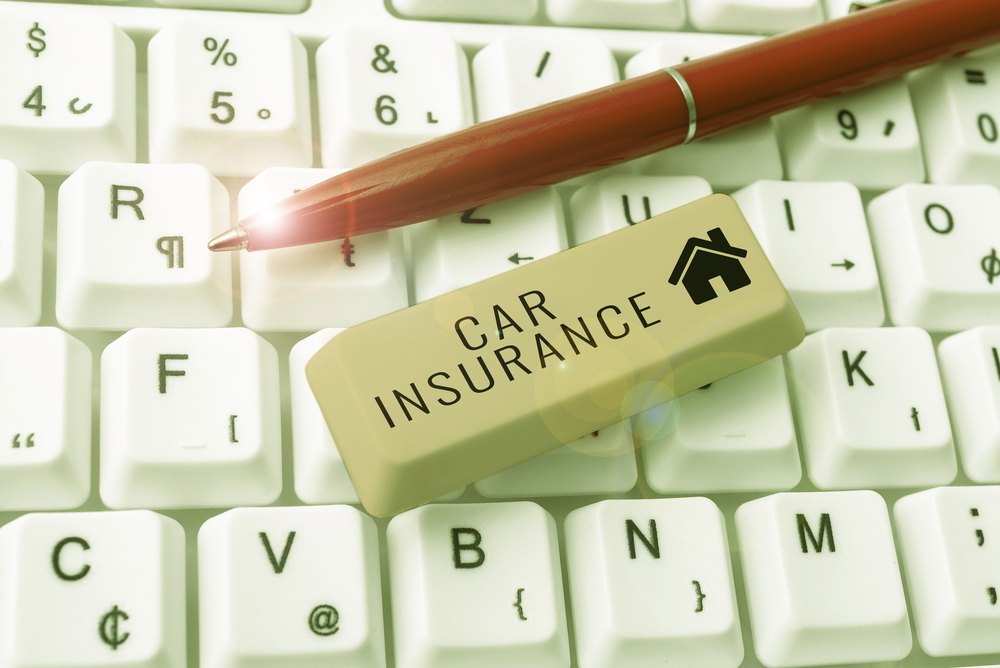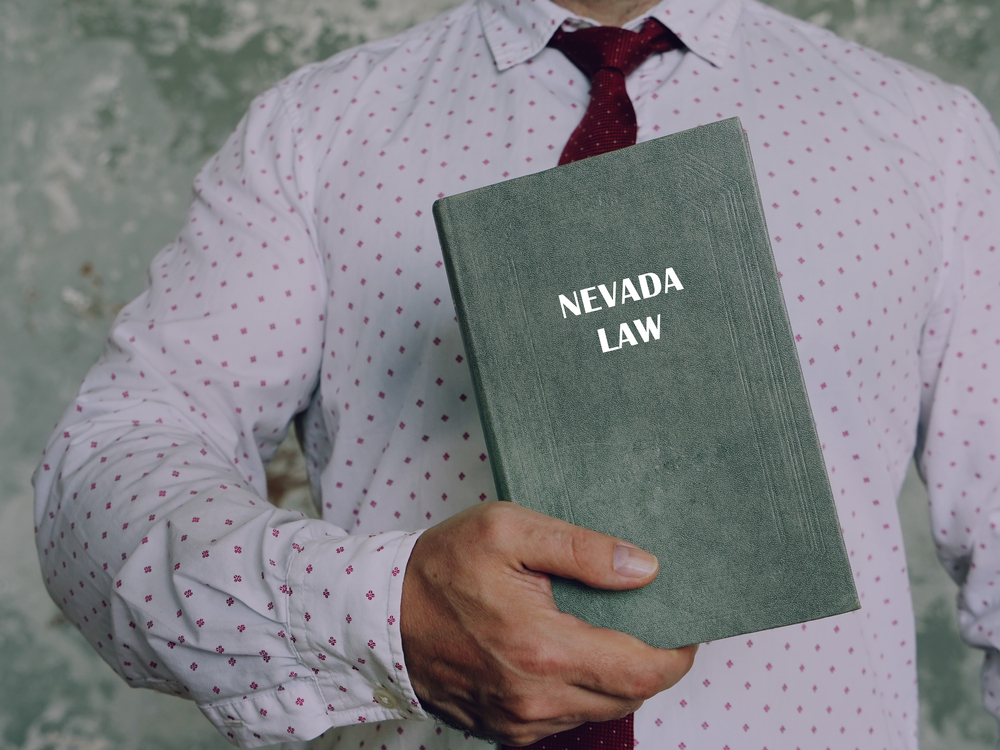
What Are My Obligations After an Auto Accident in Nevada?
Since Nevada is an at-fault state, the way you handle the aftermath of an accident is crucial in terms of getting the compensation you deserve. One of the most important aspects of a claim is determining who is at fault for it. You need to be sure you have all possible evidence to show that you did nothing wrong. While at the scene of the crime, reach out to the police and take photos (and videos) of the scene.
According to the Nevada car accident laws, you must exchange your information with the other driver. You should also get their contact info. Photos you take along with a police report and information from witnesses can go a long way toward proving the accident was not your fault. From there, speak with a car accident attorney as soon as you can. They’ll help you keep evidence preserved for your claim.
Do I Need to Report Accidents to My Auto Insurer?
In most cases, your auto insurer will require you to both notify them and file a claim if you have been in an accident. This is especially important if multiple vehicles were involved. However, some people choose not to make a claim in the situations below:
- Nobody is injured and the responsible person is willing to pay for the damage to the vehicles.
- The accident involves an object and the driver wants to pay for repairs on their own.
If an officer makes a report on the accident, it’s best to report the situation to your insurance. They can take care of the process moving forward. Choosing not to report could lead to issues with insurance coverage in the future.
Securing Your Rights with a Nevada Personal Injury Lawyer
Nevada’s Auto Accident Laws are crucial for anyone involved in a vehicle collision. These laws detail the rights and responsibilities of all parties involved and are key to navigating the aftermath of an accident. In the event of an auto accident, having experienced legal representation can greatly affect the outcome of any claims or disputes.
Temple Injury Law specializes in Nevada’s auto accident laws, offering professional assistance and support to protect your rights. Schedule a consultation with Temple Injury Law to explore the best legal options. Our experience can offer clarity and direction to address any challenges and effectively seek the compensation you deserve.



